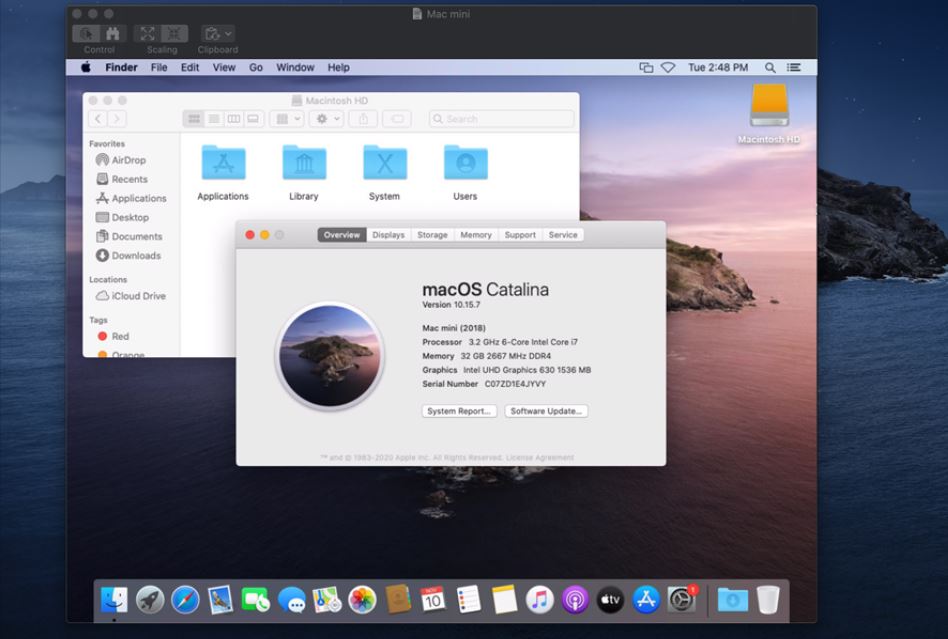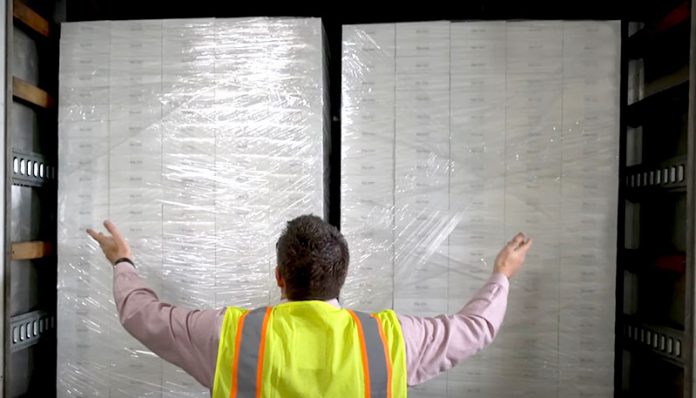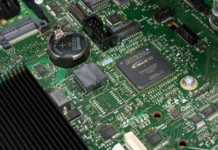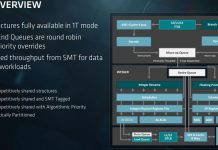Well this is certainly an exciting development. Amazon AWS EC2 now has MacOS instances in the cloud. The company is doing it in what is seemingly an odd, yet elegant fashion. They are using Apple Mac Mini desktop PCs and creating mac1.metal instances.
Amazon AWS EC2 Mac Mini Powered MacOS Instances
For those wondering, these are not Apple M1 Arm-based Mac Minis. AWS says that M1 powered instances are “in the works, and planned for 2021.” Instead, these are 2018 generation Mac Mini’s with 6-core Core i7 CPUs. We can also see that these are equipped with 32GB of DDR4-2666 memory. Since these are Coffee Lake Intel Core i7-8700B generation parts, they include Intel UHD 630 Graphics.

Currently, this configuration is $1899 on the Apple store. AWS has the instances via US West (Oregon) for example at $1.083 per hour with a minimum of a 24-hour duration but there are plans to reduce those costs as well. Given that pricing, it would take around 73 days worth of on-demand pricing to equal the purchase price of the Mac Mini, without the power and cooling. Amazon says that these are Nitro equipped instances with 10Gbps of ENA networking throughput and up to 8Gbps of data transfer. Of course, beyond the basics of the cost of the Mac Mini itself, AWS provides the ecosystem of services behind the instances which can add more value running in the cloud versus an on-prem development cluster.
Something else we noticed is that these instances offer twice as much RAM (32GB) as the current maximum that one can get in the M1 Mac Minis. STH has two 8GB M1 Mac Minis already in the lab and Patrick says the “16GB Mac Mini will hopefully arrive by late December.” For those wondering if STH is doing Mac Minis as part of the Project TinyMiniMicro that work is already happening. If you do watch that series, you will know that many of the 8th-gen core and later TinyMiniMicro nodes can be purchased with 32GB of memory for well under $500 with a Windows license. Still, those do not come with a MacOS license (although models such as the HP EliteDesk 800 G4 Mini sometimes see secondary market pricing impacted by those loading MacOS on those devices.) At STH, we always suggest abiding by licensing, which AWS’s service is designed to do.
Final Words
Overall, this is very exciting. With Thunderbolt and 10GbE options on the 2018 Mac Mini, we can see how AWS is able to design a bridge to the Mac Mini and start the integration process. At the same time, it is also a bit strange. This is x86 compute. It seems like Amazon and Apple should have been able to figure out a way to virtualize this in a partnership rather than resorting to running Mac Mini’s. If you see the cover image, that is both cool and a little strange. Hopefully, the companies figure this out in the future as this is a big deal for MacOS developers.





Very interesting, but I kind of wonder why? Is there a lot of demand for MacOSX instances in the cloud?
@Larry I could see it being really useful to developers who need to compile / test in the Apple ecosystem.
It is useful for doing compilation using Apple toolchains, and testing on real hardware (including things like GPU, Metal, MoltenVK), for developers that target multiple platforms, or run continuous integration, but don’t have access to Mac hardware. One of the examples might be small game developers.
>>It seems like Amazon and Apple should have been able to figure out a way to virtualize this in a partnership rather than resorting to running Mac Mini’s.
The higher education industry has been trying to get Apple to allow virtualization of macOS for over a decade. But Apple refuses to budge – to run macOS legally, they insist you buy their hardware.